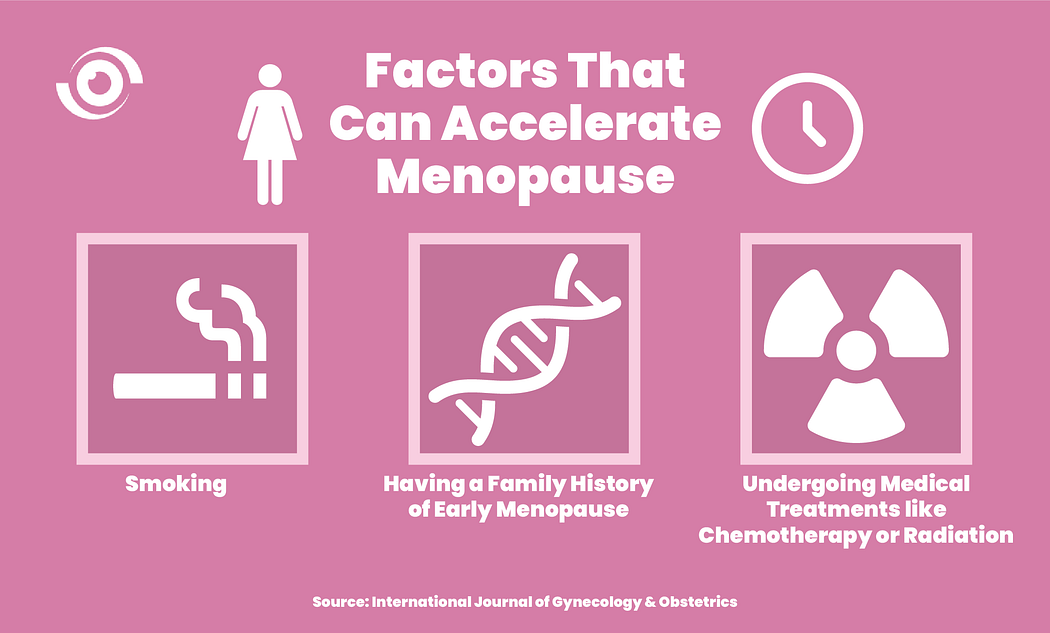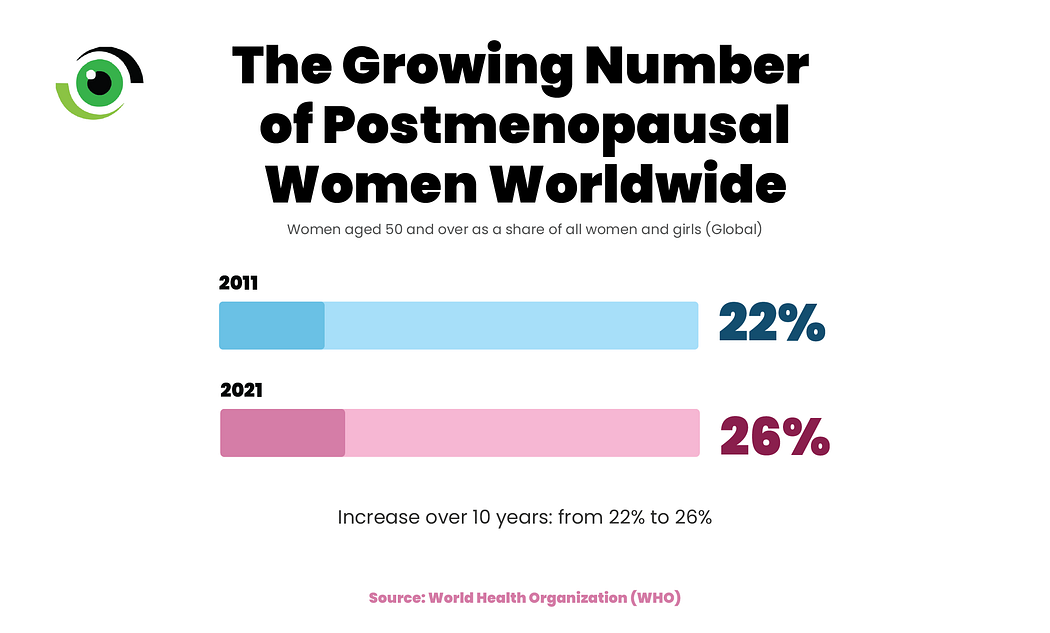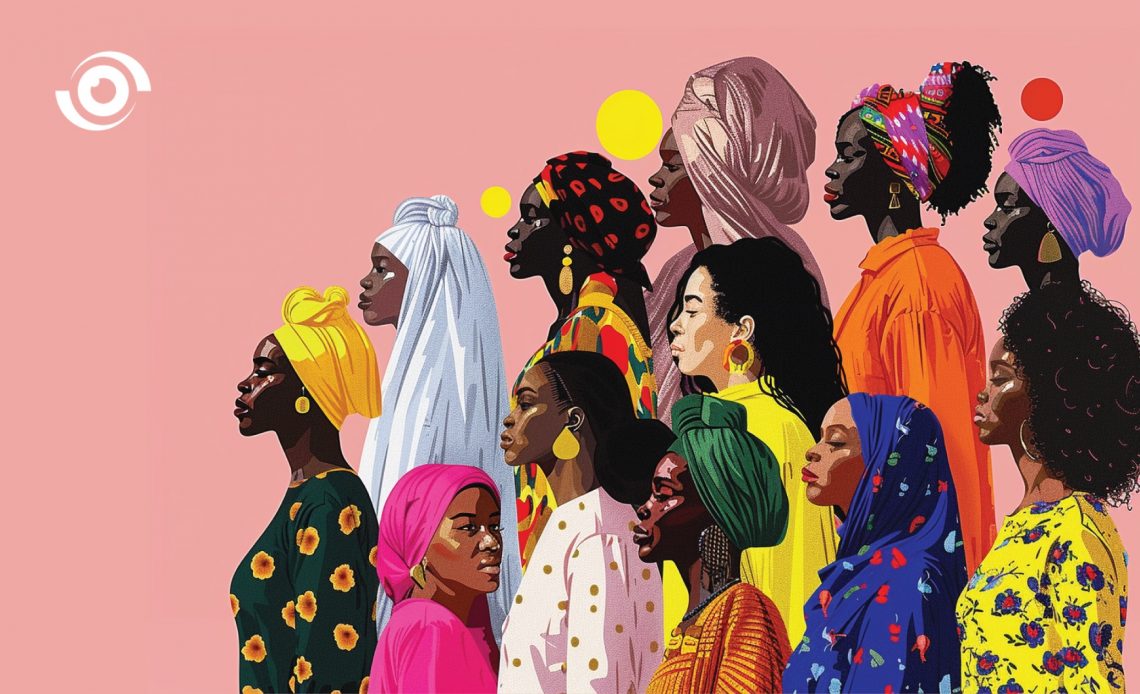Asari Ndem and Sunday Oko (Lead writers)
When Ngozi (not her real name) turned 48, she noticed small changes she could not explain. Her sleep became disturbed, she woke up drenched in sweat, and her once-calm disposition shifted without warning. She thought it was work stress or perhaps high blood pressure. A visit to her local clinic resulted only in a prescription for vitamins and advice to “rest more.” Months passed, yet nothing improved.
It was not until a friend mentioned menopause that Ngozi began to connect the dots. “I had heard the word before,” she said, “but no one ever explained what really happens. I thought menopause was just when your period stops.” Like many women in Nigeria, Ngozi had entered a new phase of life without information, support, or understanding from those around her. Many Nigerian women think menopause simply means that monthly bleeding has stopped, without realising that the symptoms they experience often begin earlier during the transition phase known as perimenopause.

Menopause, the permanent cessation of menstrual periods, marks the end of a woman’s reproductive years. Yet it is one of the least discussed components of Nigeria’s sexual and reproductive health and rights (SRHR) landscape. Discussions are often limited to the end of monthly periods, leaving women unprepared for the years of hormonal, physical, emotional, and social changes that accompany the transition. Silence, misconceptions, and stigma continue to shape women’s experiences during this critical stage of life.
More than just a change in periods
Menopause typically occurs between the ages of 45 and 55, when the ovaries reduce production of oestrogen and progesterone, the hormones that regulate menstruation. Some women experience menopause earlier due to surgery, medical treatment, or health conditions. The transition phase that precedes menopause, called perimenopause, can last several years and is when most symptoms occur. These include hot flashes, night sweats, mood swings, sleep disturbance, weight gain, joint pain, memory lapses, and vaginal dryness.
Some women also experience low libido or anxiety. Yet, many women do not connect these symptoms to menopause and are treated in isolation or misdiagnosed due to limited awareness among both women and health providers.
Across many Nigerian communities, menopause is spoken about only in private. Public discussions on women’s health tend to focus on puberty, pregnancy, childbirth, and sometimes family planning, leaving midlife health needs largely ignored. Cultural beliefs also shape how menopause is perceived. In some settings, it is associated with ageing, loss of fertility, and diminishing social value. For many women, these perceptions affect self-esteem, identity, and mental well-being.
This silence makes menopause an overlooked but critical SRHR issue. Women navigating this stage often do so without information, empathy, or structured support.

A reproductive health milestone hidden in plain sight
Recognising menopause as part of the reproductive health journey affirms that women’s health needs extend across their entire life course, not only during years of fertility.
Hormonal changes during perimenopause and menopause can increase vulnerability to non-communicable diseases (NCDs) such as hypertension, cardiovascular disease, osteoporosis, and depression. Despite this, few health systems in Africa, including Nigeria’s, provide structured support for menopausal women.
Routine check-ups for women in midlife often focus on hypertension or diabetes, with little attention to menopause-related needs. Many healthcare providers report that women are unaware that menopausal symptoms can be managed. Lifestyle changes, diet, exercise, and in some cases, hormone replacement therapy (HRT) can significantly improve quality of life.
But without access to accurate, culturally sensitive information and trained providers, many women continue to suffer in silence. Beyond physical changes, menopause can affect how women view themselves and how society views them. Some experience relief from menstrual discomfort and the fear of unintended pregnancy. Others struggle with body-image concerns, anxiety, or shifts in relationships.
In communities where a woman’s worth is closely linked to fertility, menopause can be interpreted as a loss rather than a transition. However, with the right support, menopause can be a period of renewal, marked by self-discovery, improved health awareness, and personal growth.
Why Menopause is a Rights Issue
Every woman has the right to accurate health information, quality care, and dignity at every stage of life. These principles underpin Nigeria’s commitments to the Sustainable Development Goals, the African Charter on the Rights of Women, and national SRHR policies.
By excluding menopause from health education, service delivery, and public discourse, we deny women the right to make informed decisions about their bodies. Framing menopause as an SRHR issue ensures that support for women does not end at childbirth or fertility, but continues through post-menopause.
To move Nigeria toward a more inclusive and rights-based approach to women’s health, policymakers must begin by integrating menopause education into national SRHR, Primary Health Care (PHC), and NCD programmes. Strengthening policy frameworks also requires funding research and developing evidence-based guidelines that help standardise menopause care across the health system.
Globally, women’s health remains significantly underfunded, with research and innovation investments still falling far short of what is needed to understand and address female-specific conditions. This gap means that many areas of women’s health, including menopause, remain poorly studied and poorly understood. Nigeria has very limited local data on how menopause affects women’s daily lives, their symptoms, or how or where they can access care. The Gates Foundation has recently announced plans to invest more in women’s health research, including overlooked areas like menopause, to help close these gaps.
Supporting Women through Knowledge
Healthcare providers also play a critical role in improving care. Menopause should be incorporated into medical, nursing, and midwifery curricula so that frontline workers understand how to recognise symptoms, offer counselling, and provide supportive services at PHCs. Providers should also be empowered to promote regular screening and preventive care for women in midlife, helping detect conditions that often emerge during this stage of life.
The media and civil society are equally essential in breaking the silence. Through storytelling, radio programming, and digital campaigns, these actors can normalise conversations around menopause and challenge the cultural stigma that keeps many women suffering quietly. Platforms can amplify accurate information and elevate women’s voices, ensuring their experiences shape public understanding. Faith-based organisations and women’s groups can help communities understand menopause as a natural phase, not a taboo topic.
Families and communities also have a role in shifting the narrative. Seeking credible information, building supportive environments and fostering open conversations at home and at work can make a meaningful difference. Men can contribute by being allies, offering empathy, understanding, and practical support to partners, colleagues, and relatives as they navigate this phase of life.
Menopause is not an illness, but it can be challenging when women are left uninformed or unsupported. Ensuring that women approaching this stage have access to accurate information, compassionate healthcare, and a supportive environment is not only a public health priority but also a matter of rights, dignity, and gender equality.
A woman’s reproductive journey does not end when her fertility does. Including menopause in Nigeria’s SRHR agenda is an investment in healthier women, stronger families, and more empowered communities.
It is time to bring menopause out of the shadows, and into the centre of the national conversation on women’s health and wellbeing.


